Description
Double Outlet Right Ventricle (DORV) is a rare congenital heart defect where both the aorta and the pulmonary artery connect to the right ventricle instead of their usual positions. In a normal heart, the aorta connects to the left ventricle, and the pulmonary artery connects to the right ventricle. This abnormal connection causes oxygen-poor blood to be circulated throughout the body12.
DORV is often associated with a ventricular septal defect (VSD), which is a hole in the wall separating the right and left ventricles. This hole allows some oxygen-rich blood to mix with the oxygen-poor blood, but it may not be sufficient to meet the body’s needs2. Symptoms of DORV can include rapid breathing, rapid heartbeat, poor weight gain, and a bluish tint to the skin, lips, and nail beds (cyanosis)23.
Treatment typically involves surgery to correct the defect and ensure proper blood flow. Children with DORV often require lifelong follow-up care to monitor their heart health3
Familiarity with Treatment
Treatment for DORV typically involves surgery to correct the defect. The main surgical procedures include:
- Intraventricular Tunnel Repair: Creating a tunnel within the heart to direct blood flow correctly.
- Arterial Switch Operation: Switching the positions of the aorta and pulmonary artery.
- Single Ventricle Pathway: Used in complex cases where other repairs are not feasible23.
Who is it Suitable For?
Surgical treatment is suitable for most children diagnosed with DORV, especially those showing symptoms like cyanosis (bluish tint to the skin), rapid breathing, and poor weight gain23.
Who is it Not Suitable For?
Surgery might not be suitable for children with severe additional health issues or those too weak to undergo major surgery. In such cases, alternative treatments or palliative care might be considered3.
Advantages
- Improved Oxygenation: Corrects blood flow, ensuring oxygen-rich blood is circulated.
- Enhanced Quality of Life: Reduces symptoms like fatigue and breathlessness.
- Long-term Survival: Increases the chances of a normal lifespan with proper follow-up care23.
Complications
- Surgical Risks: As with any major surgery, there are risks of infection, bleeding, and complications from anesthesia.
- Heart Rhythm Problems: Post-surgery, some children may develop arrhythmias.
- Residual Defects: In some cases, additional surgeries might be needed to address residual defects23.
Previous Care
Before surgery, children with DORV often require medications to manage symptoms and improve heart function. Regular monitoring and diagnostic tests like echocardiograms are essential to assess the heart’s condition2.
Aftercare
Post-surgery, children need regular follow-up visits with a cardiologist to monitor heart function and detect any complications early. Lifelong care includes:
- Medications: To manage heart function and prevent complications.
- Lifestyle Adjustments: Encouraging a heart-healthy lifestyle with appropriate physical activity.
- Regular Check-ups: Routine cardiac evaluations to ensure the heart is functioning well23.
If you have any more questions or need further details, feel free to ask!
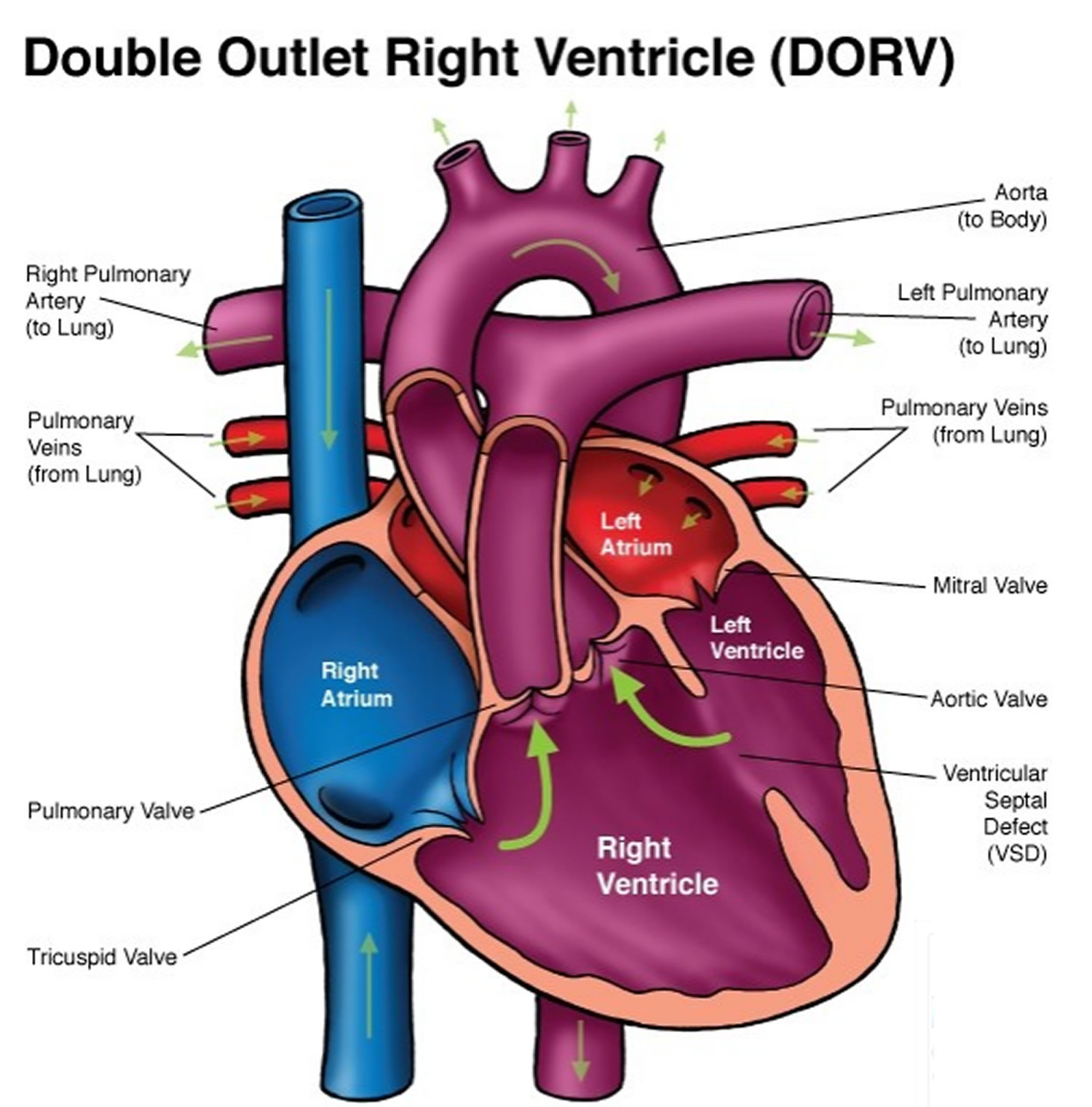
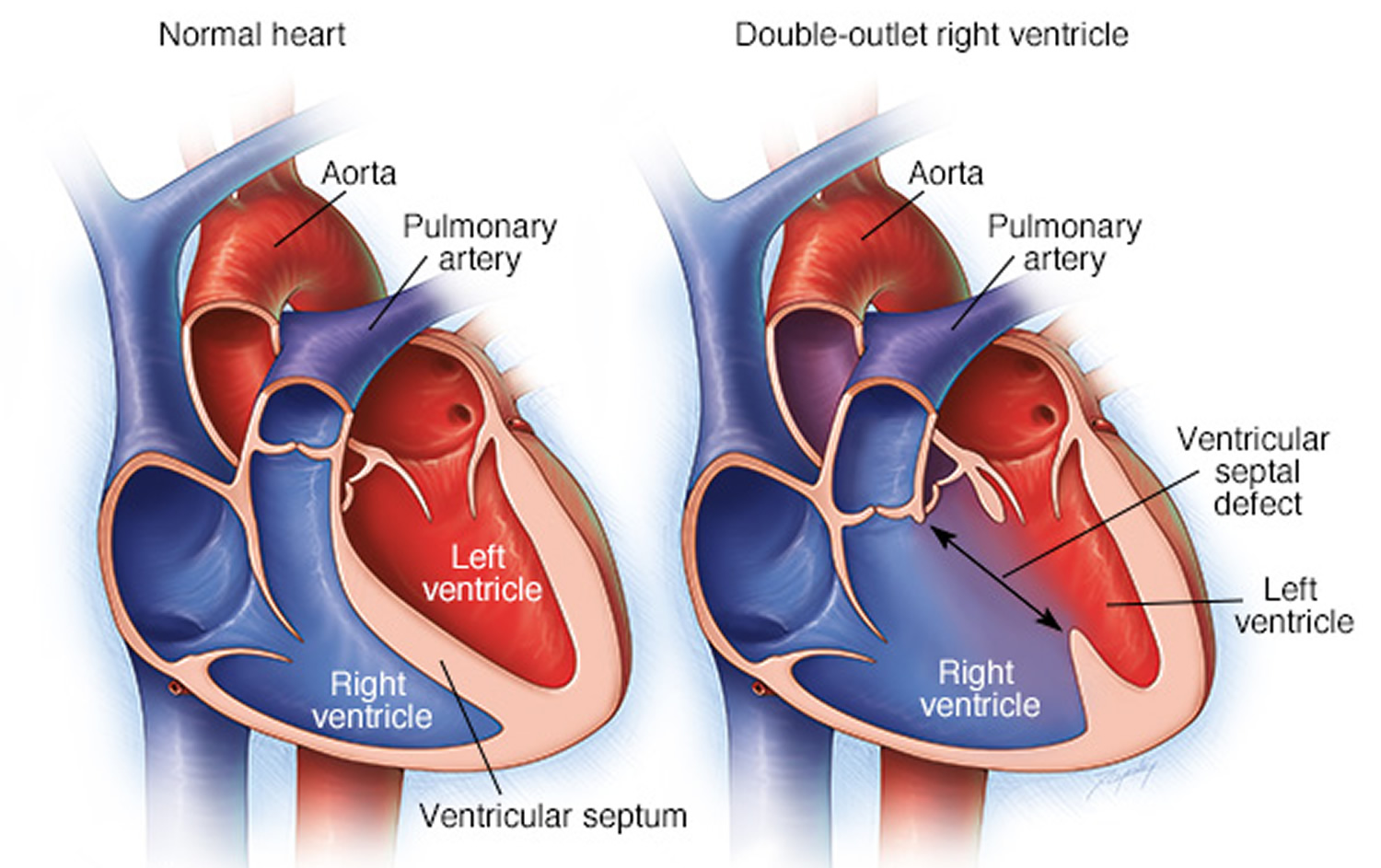
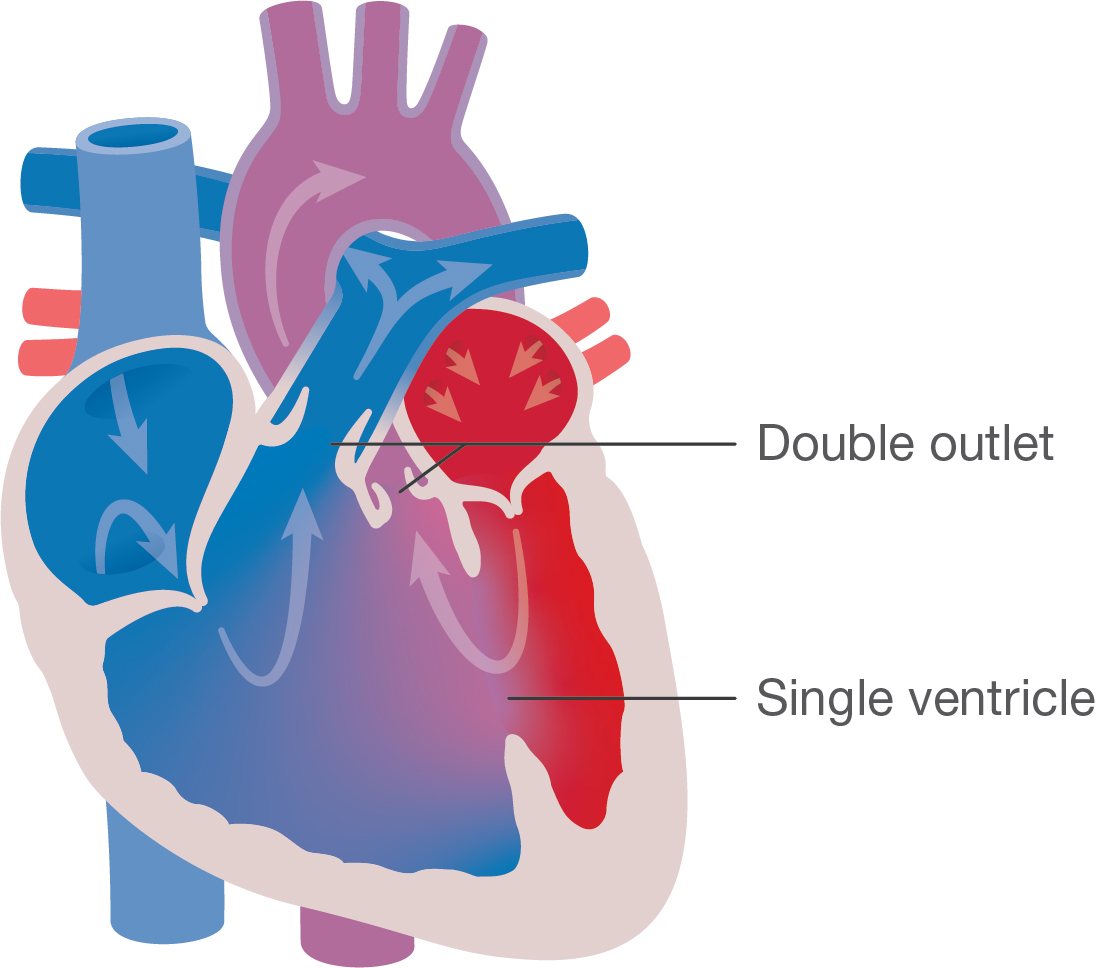

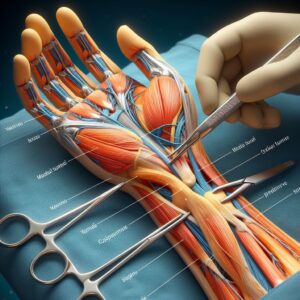

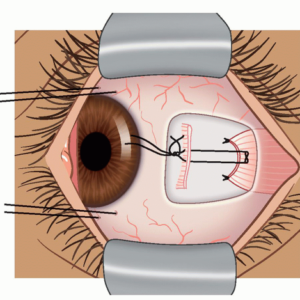
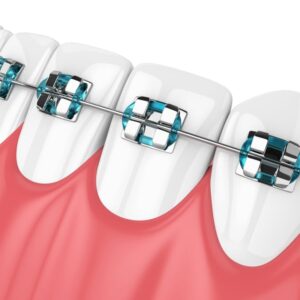


Reviews
There are no reviews yet.